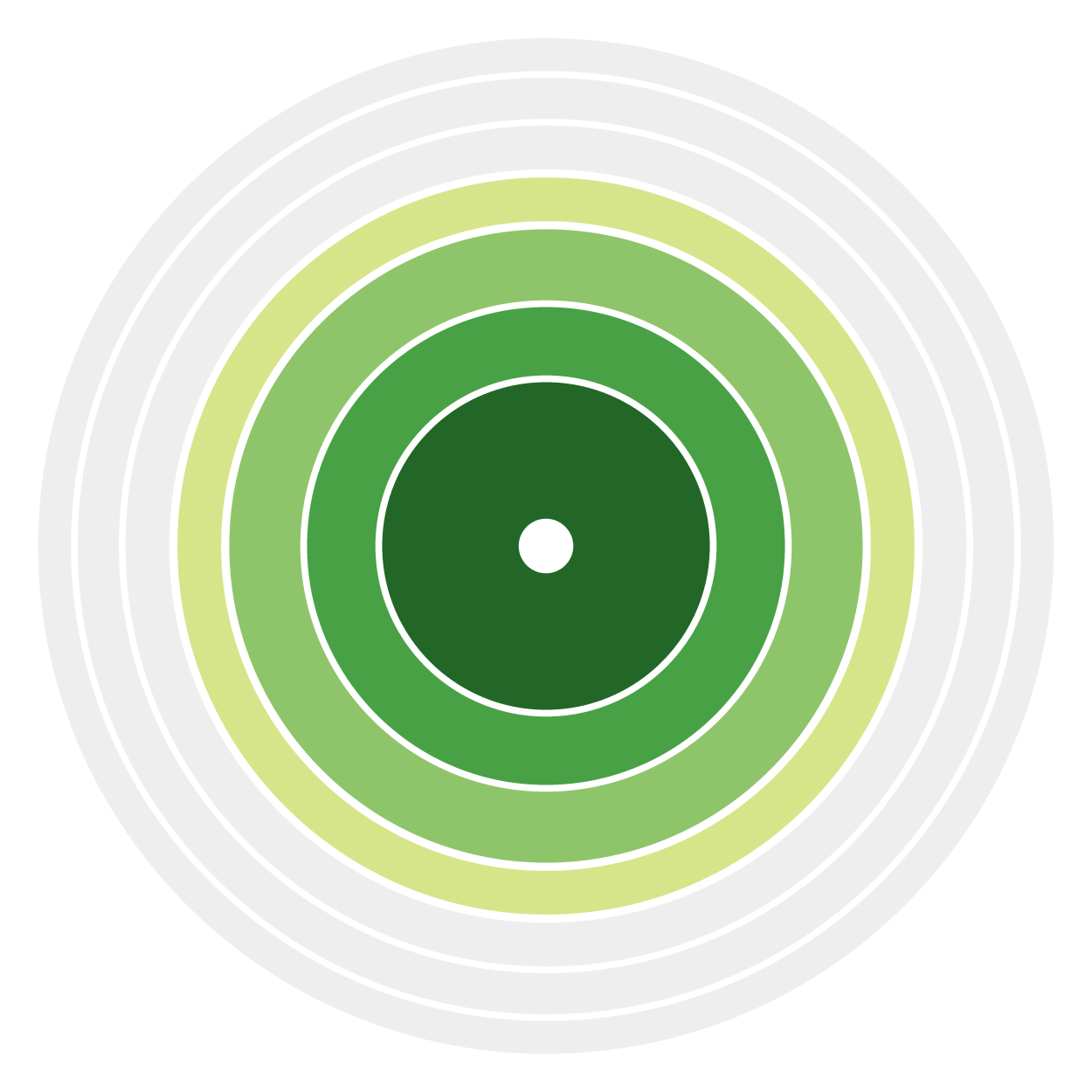Japanese vocabulary in the iKnow! Core 6000 list
iKnow! Japanese Core 6000 Vocab 1601-1700
QUICK STUDY
FLASHCARDS
DOWNLOAD
noun
ball-point pen (originally from 'ball pen')(click the word to view an additional 1 form, examples and links)
'su' godan verb, transitive verb
1. to awaken2. to disabuse
(click the word to view an additional 2 meanings and 2 forms, examples and links)
noun
1. paste; glue2. clothing starch
(click the word to view an additional 1 form, examples and links)
Most common form: 大てい
'na' adjective, adverb, noun
1. mostly; ordinarily; usually; generally (often written with kana only)2. probably
(click the word to view an additional 3 meanings and 2 forms, examples and links)
'u' godan verb, intransitive verb
to get drunk (see also: べろべろ)(click the word to view an additional 2 forms, examples and links)
Most common form: ドキドキ
1. thump-thump; bang-bang; pit-a-pat; pitapat; pitter-patter (onomatopoeic or mimetic word)
2. to beat fast (of one's heart); to throb; to pound; to palpitate (onomatopoeic or mimetic word)
(click the word to view an additional 3 forms, examples and links)
'ru' godan verb, transitive verb
to desire; to want; to wish for; to covet (see also: 欲しい)(click the word for examples and links)
Most common form: 入口
noun, 'no' adjective
entrance; entry; gate; approach; mouth (see also: 出口)(click the word to view an additional 3 readings and 2 forms, examples and links)
Most common form: 下ろす
'su' godan verb, transitive verb
1. to take down (e.g. flag); to launch (e.g. boat); to drop; to lower (e.g. ladder); to let (a person) off; to unload; to discharge2. to drop off (a passenger from a vehicle); to let (a person) off (see also: 乗客を降ろす)
(click the word to view an additional 3 meanings and 3 forms, examples and links)
Most common form: かかる
'ru' godan verb, intransitive verb
1. to take (a resource, e.g. time or money) (see also: 時間がかかる; often written with kana only)(click the word to view an additional 12 meanings and 4 forms, examples and links)
Most common form: 突き当る
'ru' godan verb, intransitive verb
1. to run into; to collide with; to crash into; to bump against2. to come to the end of (a street)
(click the word to view an additional 1 meaning and 3 forms, examples and links)
'su' godan verb, transitive verb
to dry (clothes, etc.); to desiccate(click the word for examples and links)
Most common form: ニコニコ
with a friendly grin; smilingly (onomatopoeic or mimetic word)
(click the word to view an additional 1 form, examples and links)
Most common form: 降る
'ru' godan verb, intransitive verb
1. to descend; to go down; to come down2. to be handed down (of an order, judgment, etc.) (see also: 判決が下る)
(click the word to view an additional 4 meanings and 2 forms, examples and links)
Most common form: 乗換
noun, 'suru' verb
1. transfer (trains, buses, etc.); connection; connexion2. switching (stock) (economics term)
(click the word to view an additional 1 meaning and 6 forms, examples and links)
noun
1. ham (cured pig meat)2. ham (amateur radio enthusiast)
(click the word to view an additional 1 meaning, examples and links)
noun
1. floor2. stage (for the narrator and the shamisen player)
(click the word to view an additional 1 meaning and 2 forms, examples and links)
noun
strawberry (esp. the garden strawberry, Fragaria x ananassa) (often written with kana only)(click the word to view an additional 3 forms, examples and links)
Most common form: 歯磨
noun, 'suru' verb
1. dental brushing; brushing one's teeth2. dentifrice; toothpaste; tooth powder
(click the word to view an additional 2 forms, examples and links)
noun
evening meal(click the word to view an additional 1 reading and 2 forms, examples and links)
Most common form: れい
noun, noun (prefix), 'no' adjective
1. custom; practice; habit; usual2. said; aforementioned
(click the word to view an additional 2 meanings, useful expressions, examples and links)
noun, 'suru' verb
bow; bowing (see also: 辞儀; polite (teineigo) language)(click the word to view an additional 2 forms, examples and links)
Most common form: グラグラ
'na' adjective, adverb, noun, 'suru' verb
1. loose, irregular movement; lolling; indecisiveness (onomatopoeic or mimetic word)2. dizzy; giddy; unsteady; shaky (see also: くらくら; onomatopoeic or mimetic word)
(click the word to view an additional 1 form, examples and links)
Most common form: たたむ
2. to close (a shop, business) (often written with kana only)
(click the word to view an additional 1 meaning, examples and links)
noun
1. shade; shadow2. sunshine
(click the word to view an additional 4 forms, examples and links)
'su' godan verb, transitive verb
to translate; to interpret (see also: 訳する)(click the word for examples and links)
good; OK; all right; fine; very well; will do; may; can (often written with kana only; honorific)
(click the word to view an additional 1 form, examples and links)
'ku' godan verb, intransitive verb
1. to be put in order; to be put to rights2. to be disposed of; to be solved
(click the word to view an additional 2 meanings and 1 form, examples and links)
noun
1. saucepan; potnoun, noun (suffix)
2. stew; hot pot (food term)(click the word for examples and links)
noun, 'suru' verb
1. sleeping in late; oversleepingnoun
2. late riser; sleepyhead(click the word to view an additional 2 forms, examples and links)
'na' adjective, noun
1. deep blue; bright blue2. ghastly pale; pallid; white as a sheet
(click the word to view an additional 3 forms, examples and links)
'su' godan verb, transitive verb
1. to pollute; to contaminate; to soil; to make dirty; to stain2. to disgrace; to dishonour; to dishonor; to defile (esp. けがす)
(click the word to view an additional 1 reading and 2 forms, examples and links)
1. stinking; smelly
2. suspicious; fishy
(click the word to view an additional 3 meanings, useful expressions, examples and links)
noun
1. (hard) candy; toffee (food term)2. rice-sugar; sugar made from the starch of rice, potatoes, etc. (food term)
(click the word to view an additional 1 meaning and 1 form, examples and links)
1. motionlessly (e.g. stand, wait); (be) still (じーっと is more emphatic. 凝乎と is rare.; onomatopoeic or mimetic word; often written with kana only)
2. fixedly (e.g. gaze, stare); intently (e.g. listen, think) (often written with kana only)
(click the word to view an additional 2 meanings and 1 form, examples and links)
Most common form: 伸ばす
2. to lengthen; to extend; to stretch
(click the word to view an additional 7 meanings and 2 forms, examples and links)
Most common form: オス
noun, 'no' adjective
male (animal) (see also: 雌; often written with kana only)(click the word to view an additional 3 forms, examples and links)
Most common form: めす
noun, 'no' adjective
female (animal) (see also: 雄; often written with kana only)(click the word to view an additional 3 forms, examples and links)
noun
snoring; snore (often written with kana only)(click the word to view an additional 2 forms, useful expressions, examples and links)
'na' adjective, noun
important; momentous; essential; principal; major(click the word for examples and links)
noun, 'no' adjective
1. head (of a household); proprietor (of a store); proprietress; landlord; landlady (see also: ご主人)2. one's husband
(click the word to view an additional 2 meanings and 2 forms, examples and links)
noun
1. your house; your home; your family (honorific)2. your husband (honorific)
(click the word to view an additional 2 meanings and 2 forms, examples and links)
noun
1. field (for fruits, vegetables, etc.); cultivated land; vegetable plot; kitchen garden; plantationnoun, suffix
2. field (of specialization); sphere; area (ばたけ when suf; this meaning is restricted to reading はたけ)(click the word to view an additional 1 reading, 1 meaning and 2 forms, examples and links)
'na' adjective, noun
soft; tender; limp; subdued (colour or light) (color); gentle; meek (see also: 柔らかい)(click the word to view an additional 2 forms, examples and links)
Kanshudo is your AI Japanese tutor, and your constant companion on the road to mastery of the Japanese language.
To get started learning Japanese, just follow the study recommendations on your Dashboard.
You can use Quick search (accessible using the icon at the top of every page) to look up any Japanese word, kanji or grammar point, as well as to find anything on Kanshudo quickly.
For an overview, take the tour.




